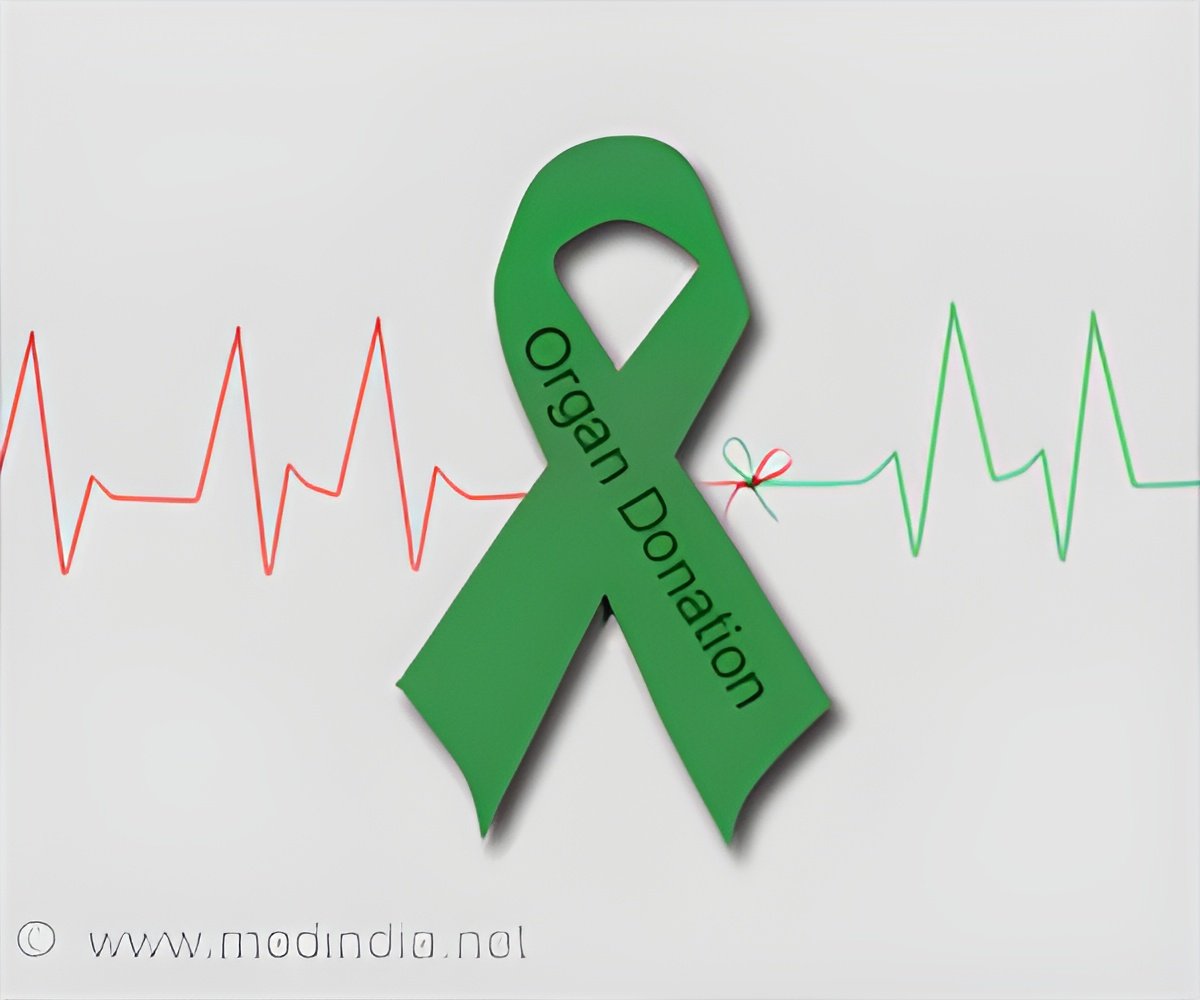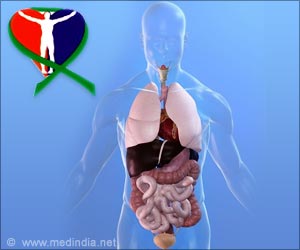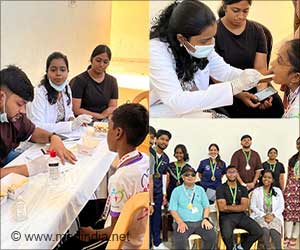
The discussion was started on talks based on declaring and identifying brain death, maintaining donors, logistics in transporting organs to equitable distribution among the affluent and non-affording classes of the population. National registry of donors and recipients is the need of the hour, feel experts. Points from this panel discussion will be turned into a white paper and presented to the central government.
Dr Saudan Singh, director of the Delhi-based National Organ and Tissue Transplant Organization (NOTTO), said the umbrella body has started working towards creating a national network that will see to it that hospitals, both private and public, share organs, and nothing goes waste due to lack of coordination. "We are creating a linkage of regional and state committees that will focus on sharing, allocation and quality control," he added. The fact that organ donation in the country is primarily led by the corporate sector was discussed in detail.
Dr Shroff pointed out how out of 205 registered transplant centers in the country, only 15 were government run. Dr NS Dharmshaktu, additional director general from Directorate General Health Services (DGHS), agreed that government participation in the program has been dismal. "There is a great lack of dedication in government centers. However, we are trying to handhold 100 hospitals across the country, including 75 from the government sector, where transplant programs will be nurtured. A fund of Rs 149crore has already been allocated, which will be used for resource building as well as for well-being of patients, such as supplying the immunosuppressant drugs," he added.
Executive director of Kokilaben Hospital Dr Ram Narain spoke about the role of transplant coordinators and how their experienced pool can drive the conversion rates up. "Look at countries like Spain that have a donation rate of 36 per million. A key change will be educating people so that there is an environment where people have no apprehensions to donate," he added. Dr Kempi Patil of state health services said Maharashtra's conversion rate from brain death to organ donation was around 39%.
Dr KR Balakrishnan, director of Cardiac Sciences at Fortis Malar Hospital in Chennai said that logistics of transporting organs by air also need to be looked into and an uniform protocol drawn up.
Advertisement








